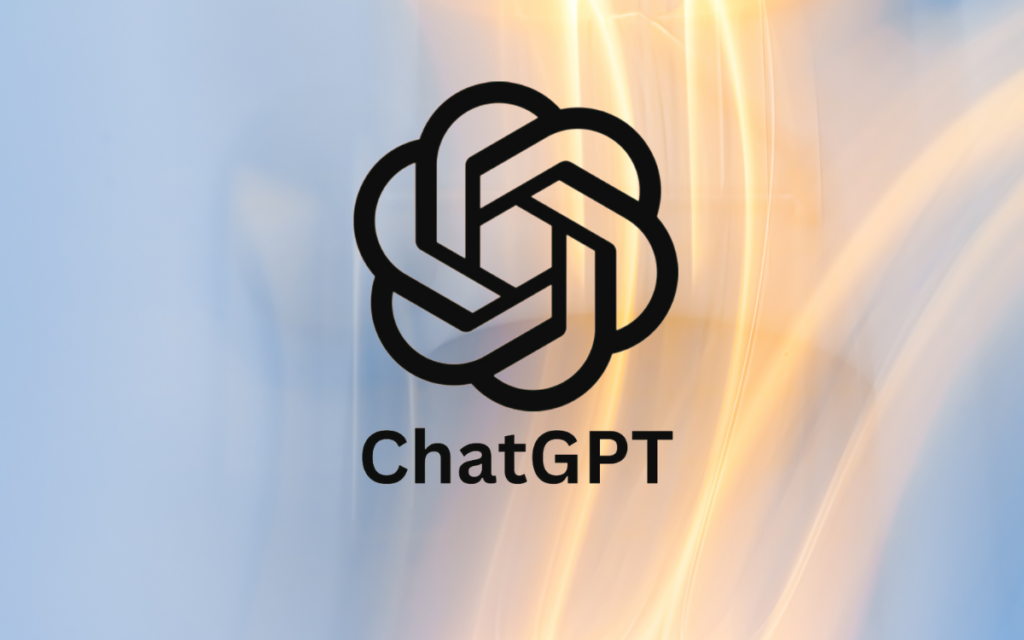Navigating the Legal Landscape: Understanding the Implications of ChatGPT
As artificial intelligence continues to evolve and integrate into various facets of our lives, its legal implications have become a subject of intense scrutiny. ChatGPT, developed by OpenAI, represents a powerful conversational AI tool that raises pertinent legal questions. Understanding the legal landscape surrounding ChatGPT involves delving into several key areas.
The Foundation of ChatGPT’s Legality
Intellectual Property Rights
The core algorithms and datasets that power ChatGPT are proprietary to OpenAI. Issues surrounding intellectual property rights, including patents and copyrights, safeguard the AI’s underlying technology.
Terms of Use and Service
Users engaging with ChatGPT are typically subject to the terms of service set forth by OpenAI. These terms outline the permissible use of the AI, data handling, and liabilities, setting the boundaries for user interaction.
Legal Implications in Practice
Content Generation and Copyright
ChatGPT’s ability to generate text raises questions about copyright ownership. If ChatGPT creates content based on user input, determining ownership and potential infringement becomes complex.
Liability for Misinformation
As an AI, ChatGPT’s responses are generated based on its training data and algorithms. While it aims for accuracy, misinformation or incorrect guidance could potentially lead to legal implications for OpenAI.
Data Privacy and Security
Interacting with ChatGPT involves sharing information. Ensuring compliance with data privacy laws, such as the GDPR in Europe or CCPA in California, is crucial to protect user privacy.
The Legal Framework Surrounding AI
Regulatory Oversight
Governments worldwide are grappling with the need to regulate AI. Establishing frameworks that balance innovation with accountability remains an ongoing challenge.
Liability and Accountability
Determining liability for actions or decisions made by AI systems like ChatGPT raises complex legal questions. Should responsibility lie with the developers, users, or the AI itself?
Ethical and Bias Considerations
The ethical implications of AI, including bias mitigation and fairness, are intertwined with legal aspects. Ensuring AI operates ethically is vital in avoiding legal repercussions.
Addressing Legal Challenges
Clear User Guidelines
OpenAI’s provision of clear and comprehensive user guidelines helps manage expectations and outlines permissible uses of ChatGPT, potentially mitigating legal disputes.
Compliance with Data Regulations
Adherence to data privacy laws and implementing robust security measures safeguards user information, reducing the risk of legal penalties.
Transparency and Explainability
Enhancing ChatGPT’s transparency in its operations and providing explanations for its decisions fosters trust and assists in legal compliance.
The Future of Legal Implications
Evolving Regulations
As AI technology advances, regulatory bodies are expected to evolve frameworks tailored to address the nuances of AI systems like ChatGPT, balancing innovation with legal safeguards.
Ethical Standards and Best Practices
The establishment of ethical standards and best practices in AI development and usage can guide legal considerations and mitigate potential liabilities.
Collaborative Efforts
Collaboration among stakeholders, including developers, policymakers, legal experts, and users, is pivotal in shaping a legal landscape that accommodates AI advancements while ensuring accountability.
Conclusion
The legal implications surrounding ChatGPT and AI, in general, are multifaceted and evolving. Intellectual property rights, user responsibilities, data privacy, and regulatory frameworks intersect in shaping the legal landscape. While existing laws offer some guidance, the rapid evolution of AI necessitates ongoing discussions and adaptations within legal systems globally. Collaborative efforts between technology developers, legal experts, policymakers, and users are pivotal in navigating the legal challenges and establishing a framework that promotes innovation while upholding legal and ethical standards.
Editing More than 200,000 Words a Day
Send us Your Manuscript to Further Your Publication.








Is ChatGPT Trustworthy? | Rovedar | Scoop.it says:
ChatGPT vs. Human Editor | Rovedar | Scoop.it says:
Enhancing Your Assignments with ChatGPT | Roved... says: